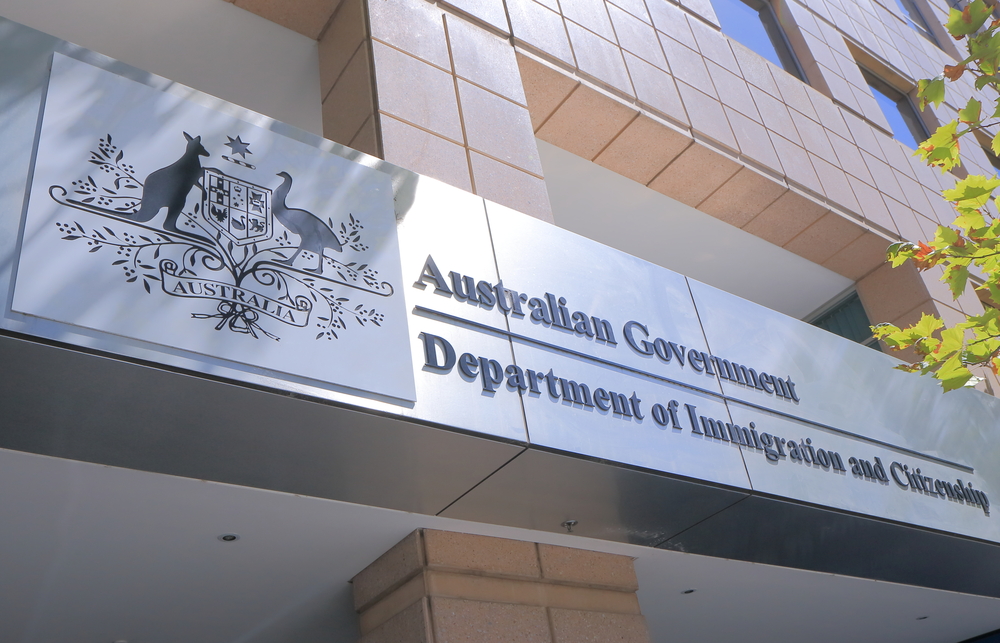
CANBERRA, Australia — Refugees from Africa, the Middle East and South Asia who are being held on the Pacific atoll of Nauru after being rejected by Australia could soon be paid to resettle in impoverished Cambodia in an arrangement by the Australian government that has been condemned by human rights activists as inhumane and potentially dangerous.
The deal signed last year with Cambodia, which will cost Australia more than 10 million Australian dollars ($7.6 million) a year, is the latest step in Australia’s evolving policy of deterring asylum seekers from attempting to reach Australian shores by boat. The government has vowed that no boat arrivals will ever be resettled in Australia.
More than 200 of the 1,200 asylum seekers held in an Australian-run detention camp on Nauru have been assessed to be genuine refugees and are eligible for resettlement in Cambodia if they volunteer to go, according to Australian officials.
It isn’t clear how many of them — including Iranians, Pakistanis, Afghans, Somalis, Sudanese and Uighurs — have agreed to go to Cambodia, whose culture and customs are different from their first choice, Australia.
A spokesman for the advocacy group Refugee Action Collective, Ian Rintoul, said Thursday he had heard of no one on Nauru accepting the deal. “I do know they spoke to Somalis yesterday and said it was the last day for them to agree and none of them agreed,” Rintoul said.
“They’re pushing pretty hard around the place, but as far as I know, they’ve got no one yet,” he added.
A charter flight could take the first refugees as early as Monday, according to a copy of a fact sheet that the Refugee Action Collective said has been circulated at Nauru.
However, Australian Immigration Minister Peter Dutton’s office did not specify a date, saying in a statement that the first group of “volunteers is anticipated to depart for Cambodia in the near future.”
The paper distributed by Australian officials tells refugees that “Cambodia is a safe country where police maintain law and order.”
“It does not have problems with violent crime or stray dogs,” it said.
The reality may be different. Corruption, human rights violations and trafficking in men, women and children are a major concern in Cambodia. The U.S. State Department Bureau of Diplomatic Security reported this month that Cambodia’s crime rating was “critical,” including random gunfire incidents.
The fact sheet promises a one-off package for the first who agree to be resettled, and “cash in hand and in a bank account” without specifying sums. The package includes help in finding work, and access to education, language training and health insurance for four years.
On arrival in Phnom Penh, refugees would be provided free “villa-style accommodation,” or “in the style of a serviced-apartment” for three months.
After that, refugees would receive rental support “for up to 12 months, and longer if you need it,” the document said.
“Moving to Cambodia provides an opportunity for you and your family to start a new life in a safe country, free from persecution and violence, and build your future,” it said. “If you are not in the first group of refugees to settle in Cambodia, your assistance package will be different.”
Refugees could apply for Cambodian citizenship after seven years, and children born within that time would be recognized as Cambodian nationals.
The International Organization for Migration was sending an official to Nauru “with an expectation of possible movements in the coming days,” the agency’s Bangkok-based spokesman Joe Lowry said Thursday. IOM will start a cultural orientation process on Nauru for refugees who want to go to Cambodia. It will also help them find housing, jobs and learn the language once they arrive.